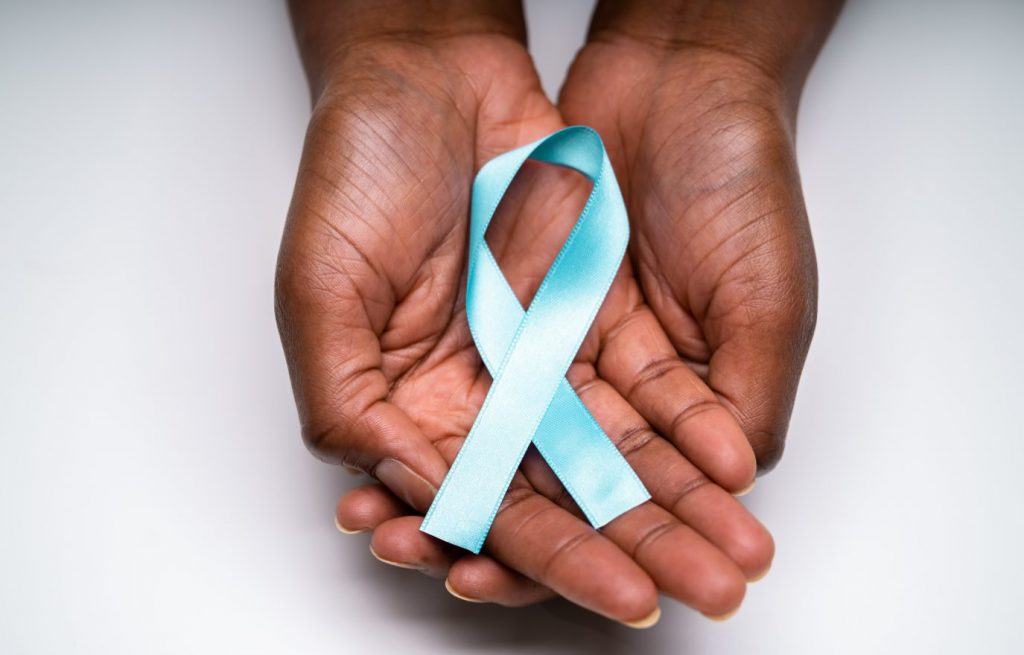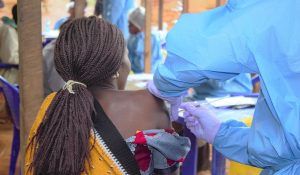Researchers led by the Africa Centers for Disease Control (Africa CDC) will establish three Centers of Excellence in Rwanda, Morocco, and Zambia to gather evidence and accelerate efforts to end cervical cancer in Africa by 2030. This decision was made during a consultative meeting on cervical cancer elimination, held from November 27-29 in Addis Ababa, with technical partners, donors, academia, and civil society organizations in attendance.
Rwanda was chosen for reaching a 90% HPV vaccination coverage rate since 2011. It decentralised treatment across 22 districts and 350 health centres. Morocco was selected for leading in the provision of primary healthcare, school-based vaccination, and accessible treatment by establishing regional cancer centres. Zambia, which has screened over 1.9 million women and introduced advanced treatment technologies, was also selected to host a Center of Excellence.
The meeting agreed on a renewed commitment from Member States to speed up the implementation of the regional strategy and endorsed a roadmap with clear and actionable recommendations to improve HPV vaccination, diagnostics, and treatment.
“[There will be] the establishment of a Technical Working Group and Centers of Excellence to ensure sustainability and peer learning across the continent,” said Dr Adelard Kakunze, Lead, Non-communicable Diseases, Injuries and Mental Health at Africa CDC.
The Technical Working Group will provide technical guidance for the cervical cancer elimination in Africa, ensure that the agenda and priorities set are adopted and executed effectively at the continental, regional, and national levels, and support joint advocacy activities at both the regional and continental levels.
The WHO has a ‘Global Strategy for the Elimination of Cervical Cancer as a Public Health Problem,’ which provides a roadmap through the following 90-70-90 targets for 2030. It states that 90% of girls should be fully vaccinated with HPV vaccine by the age of 15 years, 70% of women should be screened with a high-performance test by 35 and again by 45 years, and 90% of women identified with cervical disease should receive treatment.
The majority of African countries have started implementing the single-dose schedule for the HPV vaccine in line with the WHO Strategic Advisory Group of Experts on Immunisation recommendation that one dose is as effective as two doses. Results from a Cervical Cancer Prevention Capacity survey carried out by Africa CDC support this approach.
“The cost savings and the difficulties in reaching people for a second dose can be avoided, thereby increasing the chances of achieving reaching the 90% target,” Dr Kakunze said.
Dr Zainab Shinkafi Bagudu, Chairperson of First Ladies Against Cancer (FLAC) and President-Elect of the Union for International Cancer Control, said Africa CDC should take the lead in engaging leaders so that the organization can secure more resource allocation. “It remains a resource problem, so to build those partnerships and the financial models that allow us to run programs in all African countries, we need credible leaders to help eliminate cervical cancer,” she said.
Dr. Sharon Kapambwe, Technical Officer for Cervical Cancer at WHO Afro for East and Southern Africa, said Africa must ensure adequate, affordable, and high-quality vaccinations for its communities. Currently, five vaccines are prequalified by WHO.
“We see that the African region is disproportionately affected by cervical cancer, and that women living with HIV are six times more likely to develop cervical cancer. Additionally, most facilities offering cervical cancer services are located in urban areas, limiting access for many women. We need to prioritize equity as we develop various strategies.”
Dr. Kapambwe said that cervical cancer prevention efforts must be based on human rights principles and gender equity, ensuring equal access to healthcare and other essential social services.
She highlighted the need to increase coverage and access to screening and the appropriate management of precancerous lesions, as well as to strengthen the capacity for monitoring and evaluating cervical cancer prevention and control for performance tracking. “Together, we can change the narrative of cervical cancer in Africa. We owe it to the millions of women and girls across the continent who look to us for leadership and action,” said Dr. Mohammed Abdulaziz, Head of Disease Control and Prevention at Africa CDC.







